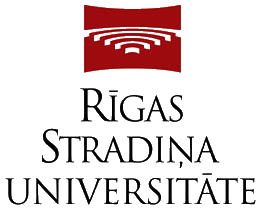Maria Isaguliants, PhD
Current position: Associate professor
Education and Degrees:
- 1977-1982 - Bioorganic Chemistry, Chemical Department, Lomonosov Moscow State University, Moscow, USSR
- 1987-1991 - PhD student at the Academy of Medical Sciences USSR
- 1992 - PhD thesis, University of Fine Chemistry and Technology, Moscow, Russia
- 1991-1993 - Post Doc, Department of Virology, National Bacteriological Laboratory (SBL), Stockholm, Sweden
- 2007 - Docent in Immunology at Karolinska Institutet, Stockholm; renewed 2013
- 2010 - Laboratory Animal Science 4.5 ECTs, Karolinska Institutet, FELASA certificate
Research interests:
- Design of vaccines to get predetermined specificity and polarity of immune response (Th1, Th2 T-cell, T-cell versus antibody); consensus, chimeric genes, reshuffling, deletion/mutation approaches
- Gene delivery and induction of immune response in gene vaccination against viral infections and cancer
- In vivo imaging of bioluminescence
- Early molecular events following expression of hepatitis C proteins, direct pathogenic effects of viral proteins, oxidative stress response and its downregulation
- Autoimmunity in viral infections; mechanisms of autoimmunity to DNA
Positions held:
- 2014 – present, Experienced researcher; Riga Stradins University, Riga, Latvia;
- 2004 – Associated professor, Karolinska Institute, Stockholm, Sweden
- 2004 – Associate professor, Karolinska Institute, Stockholm, Sweden
- 2000-2009 – microbiologist, Swedish Institute for Infectious Disease Control (SMI), Stockholm; 2000 Research Fellow, Fund for Internationalization of High School Education and Research (STINT) at the Swedish Institute for Infectious Disease Control
- 1998-1999 Guest Researcher, Swedish Institute for Infectious Disease Control, Stockholm
- 1994-1997 Researcher, D.I. Ivanovsky Institute of Virology, Moscow, Russia
- 1982-1987 Engineer, Chemical Department, Moscow Lomonosov State University, Moscow
Five publications for the last 5 years:
- Petkov SP, Heuts F, Krotova OA, Kilpelainen A, Engström G, Starodubova ES, Isaguliants MG. Evaluation of immunogen delivery by DNA immunization using non-invasive bioluminescence imaging. Hum Vaccin Immunother. 2013 Oct;9(10):2228-36. doi: 10.4161/hv.25561. Epub 2013 Jul 3. PubMed PMID: 23896580; PubMed Central PMCID: PMC3906409
- Krotova O, Starodubova E, Petkov S, Kostic L, Agapkina J, Hallengärd D, Viklund A, Latyshev O, Gelius E, Dillenbeck T, Karpov V, Gottikh M, Belyakov IM, Lukashov V, Isaguliants MG. Consensus HIV-1 FSU-A integrase gene variants electroporated into mice induce polyfunctional antigen-specific CD4+ and CD8+ T cells. PLoS One. 2013 May 8;8(5):e62720. doi: 10.1371/journal.pone.0062720. Print 2013. PubMed PMID: 23667513; PubMed Central PMCID: PMC3648577.
- Starodubova E, Krotova O, Hallengärd D, Kuzmenko Y, Engström G, Legzdina D, Latyshev O, Eliseeva O, Karin Maltais A, Tunitskaya V, Karpov V, Bråve A, Isaguliants M. Cellular immunogenicity of novel gene immunogens in mice monitored by in vivo imaging. Mol Imaging. 2012 Nov-Dec;11(6):471-86. PubMed PMID: 23084248.
- Oxidative stress induced by HIV-1 reverse transcriptase modulates the enzyme's performance in gene immunization. Isaguliants M, Smirnova O, Ivanov A, Kilpelainen A, Kuzmenko Y, Petkov S, et al Hum Vaccin Immunother 2013 Oct;9(10):2111-9
- A combination of intradermal jet-injection and electroporation overcomes in vivo dose restriction of DNA vaccines. Hallengärd D, Bråve A, Isaguliants M, Blomberg P, Enger J, Stout R, et al Genet Vaccines Ther 2012;10(1):5.



